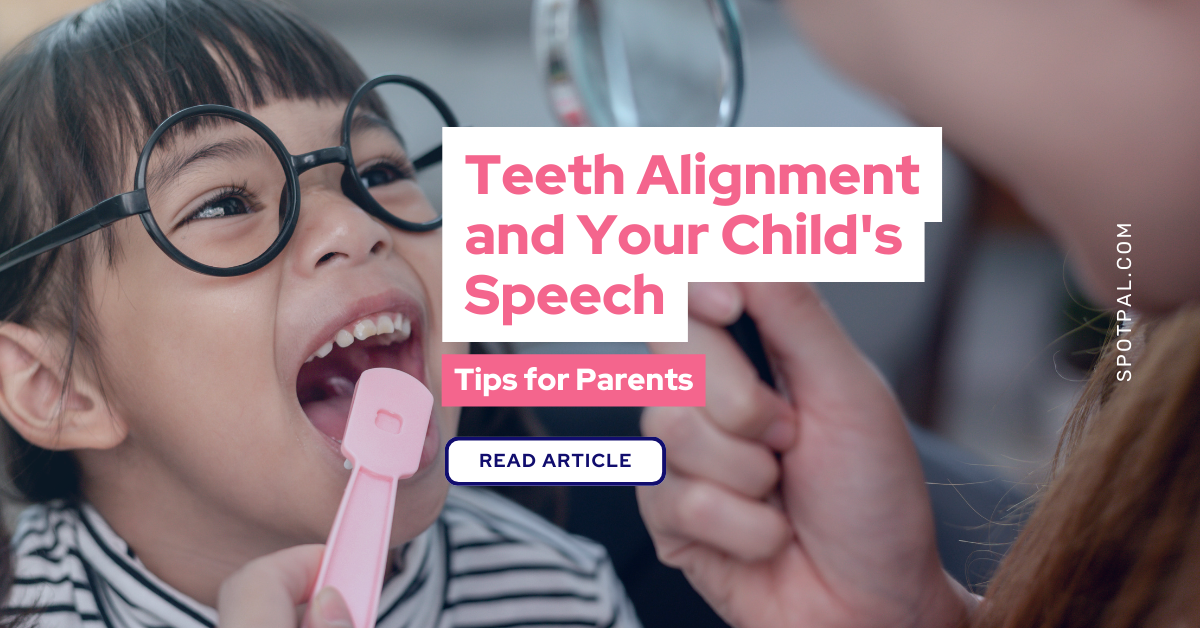Understanding the Connection
Common Malocclusions and Their Effects
• Anterior open bite: This occurs when the upper front teeth don't overlap the lower front teeth. Ultimately, there is a space between the upper teeth and the lower teeth, causing these teeth to not touch when biting down. It can affect the way your child pronounces certain sounds.
• Posterior crossbite: This happens when the upper back teeth fit inside the lower back teeth. It can also impact speech, especially sounds that require tongue placement against the back teeth.
• Oral/oral-nasal breathing: If your child breathes through their mouth or both their mouth and nose, it can affect the development of their facial muscles and jaw, potentially leading to malocclusion and speech problems.
• Deep bite: This is when the upper teeth overlap the lower teeth too much. While deep bite can be protective against speech problems and altered tongue position, it's important to monitor your child's speech development. Additionally, deep bite can sometimes be linked to an underdeveloped lower jaw and be a sign of a restricted airway. In many cases, when a child with a deep bite bites down, the upper front teeth will hide or cover the lower front teeth.
Signs of Speech Problems
What Parents Can Do
- Regular check-ups: Schedule regular dental appointments for your child to monitor their teeth and jaw development.
- Consult a speech language pathologist: If you have concerns about your child's speech, consult with a qualified speech language pathologist (SLP). They can assess your child's speech and recommend appropriate interventions.
- Consider tongue training with a Spot Pal: A Spot Pal is a device that can help strengthen the tongue muscles and improve tongue placement and coordination. It can be a valuable tool for children with speech sound disorders, especially those with malocclusion.
- Work with your child's orthodontist: If your child needs orthodontic treatment, work closely with their orthodontist to ensure that any speech concerns are addressed.
- Encourage healthy habits: Promote good oral hygiene, a balanced diet, and healthy breathing habits.

Share:
The Tongue's Influence on Dental Health
The Importance of Tongue Posture in Children: A Key to Oral Health